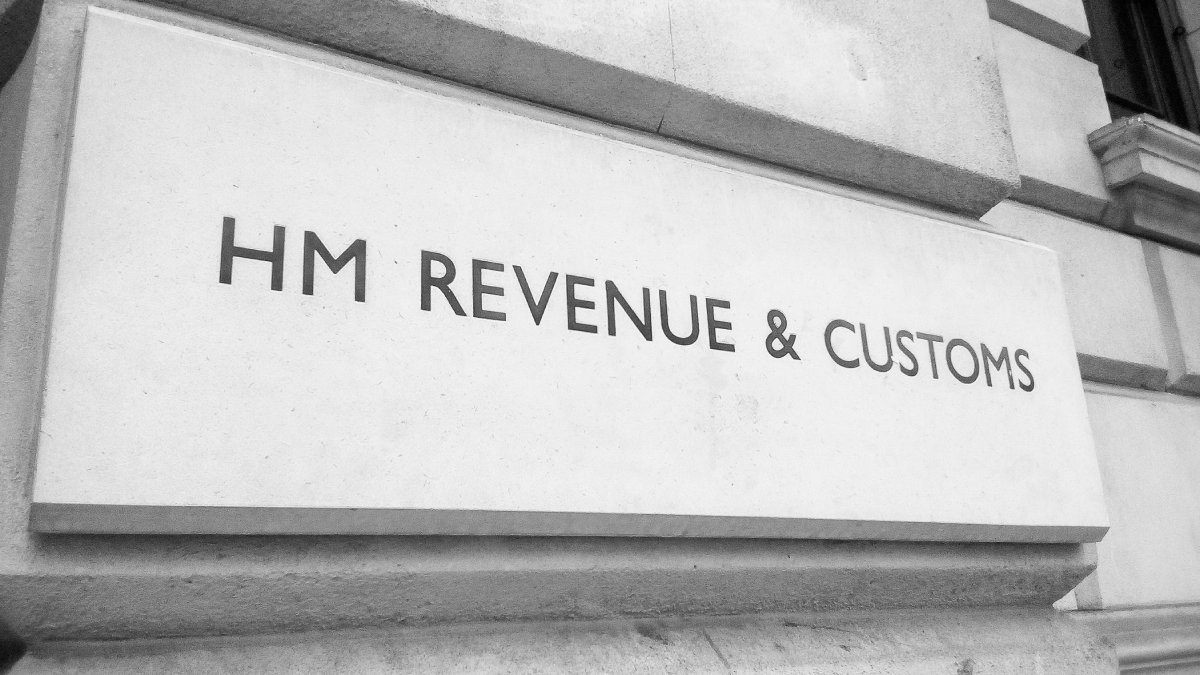Amid growing political and public scrutiny, HMRC’s decision to withhold critical figures on offshore tax avoidance during the election period has ignited controversy and raised questions about transparency and accountability. Here’s the full story.
Transparency and Accountability Concerns

The UK’s taxman, HM Revenue and Customs (HMRC), has come under intense scrutiny for its handling of offshore tax avoidance data amid growing concerns about transparency and accountability.
Withholding Critical Figures

HMRC’s recent decision to withhold critical figures on offshore tax avoidance during the general election campaign has sparked controversy. Complaints have arisen that the sheer scale of the problem would have been helpful for the public to know during the campaign and that the decision to withhold this information is as controversial as the figures are likely to be.
Longstanding Issue

This issue is not new. In June 2022, Lucy Frazer, then financial secretary to the Treasury, committed HMRC to publish figures on the offshore tax gap, representing the difference between the taxes that should be collected and those paid. Despite this pledge, the release of these figures has faced repeated delays.
Omitted Breakdown

On June 20, 2024, an HMRC report estimated the total tax gap for the 2022-23 fiscal year to be £39.8 billion. However, the report conspicuously lacked a breakdown of non-compliance by the UK’s richest residents who had failed to declare income or wealth they had stashed away offshore.
Election Period Justification
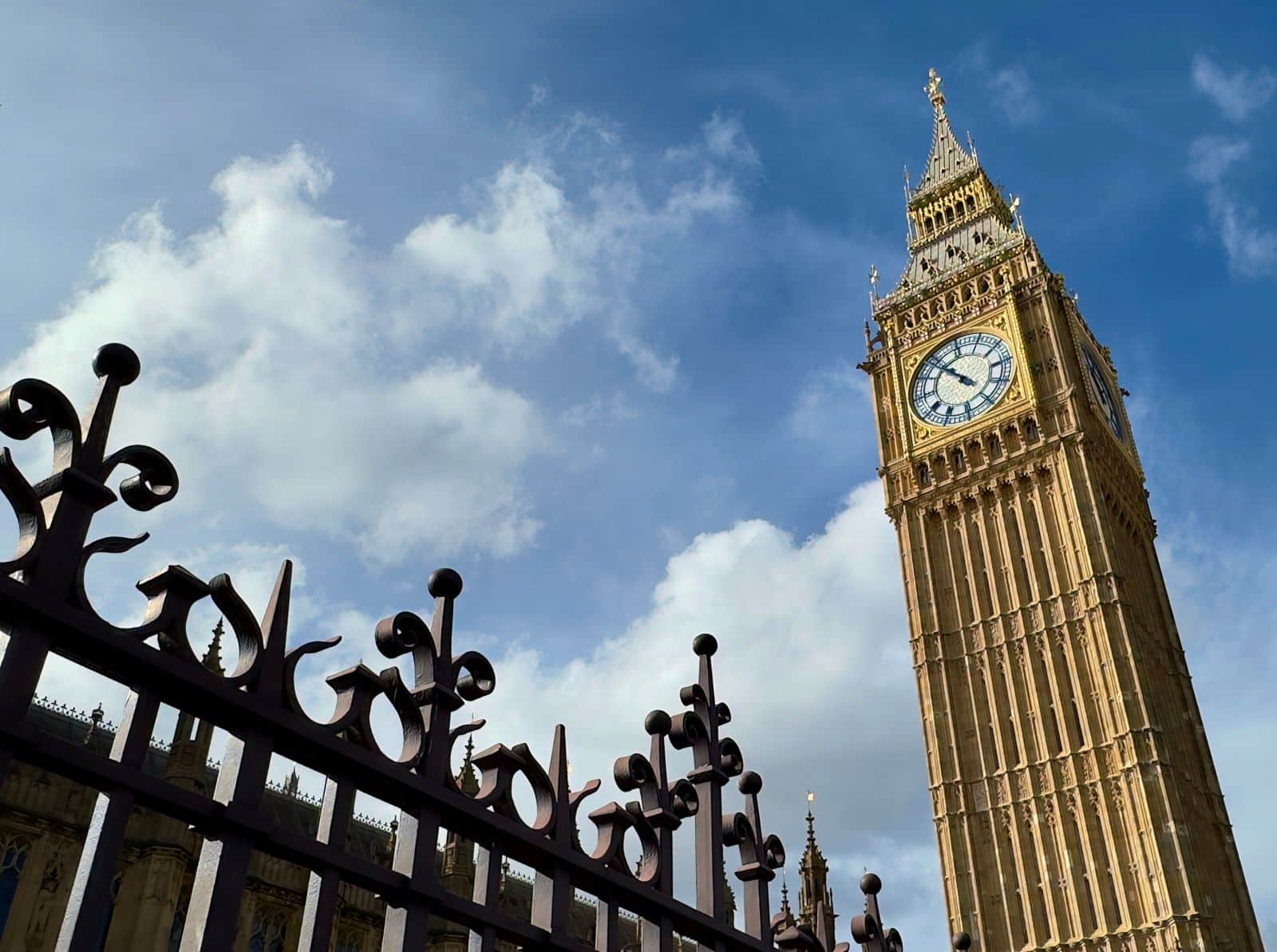
HMRC defended this omission, stating that releasing such detailed figures during the election period could divert public attention from parliamentary candidates, adhering to civil servant guidelines. This decision has been criticised by the investigative think tank TaxWatch, which argues that if offshore tax gap figures were deemed too controversial, all related figures should have been withheld until after the election.
Call for Transparency

TaxWatch and other critics have highlighted the importance of transparency in tax reporting, especially given the political pledges made Labour to close the tax gap. Claire Aston, director of TaxWatch, stated, “The main political parties pledged in their election manifestos to raise more revenue by closing the tax gap, and given that, these figures should not have been held back.”
Pressure on HMRC

HMRC has faced mounting pressure to estimate the size of the offshore tax gap. In 2021, the independent think tank Tax Policy Associates revealed that UK taxpayers held an eye-watering £570 billion in tax havens and noted that HMRC had failed to estimate the amount of undisclosed foreign financial accounts.
New Reporting Standards
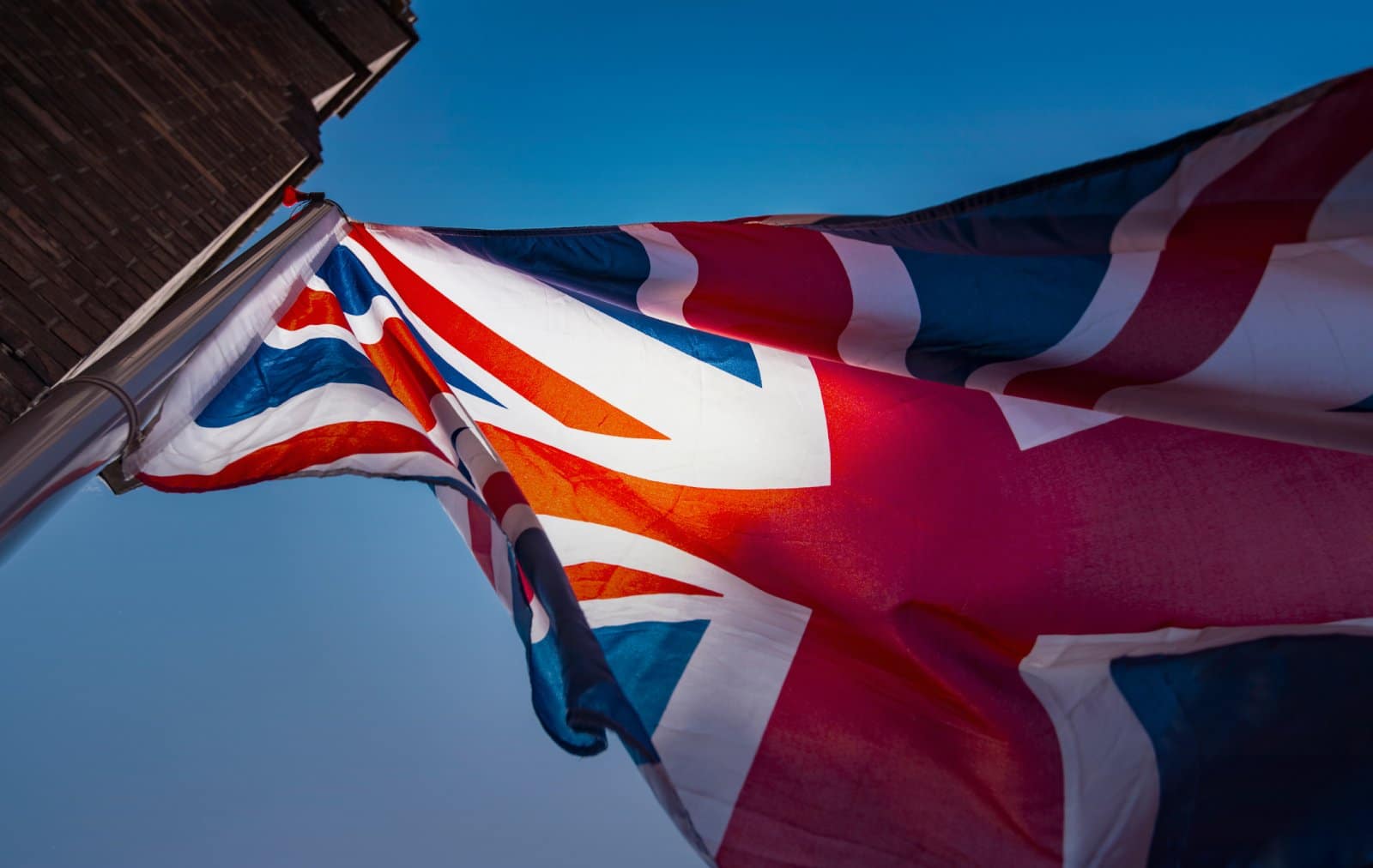
The OECD’s Common Reporting Standard (CRS), approved in 2014, has provided HMRC with a wealth of new information. Under this standard, nearly all UK residents with overseas bank accounts have their balances and interest reported annually to HMRC. This automated exchange of financial information aims to combat tax evasion more effectively.
Ineffective Penalties

However, despite the new reporting standards and a series of landmark powers introduced in 2017, which would see substantial fines for those facilitating offshore tax evasion, HMRC has yet to penalise a single enabler of tax evasion.
Criticism of Inaction

This revelation, which was not revealed by HMRC but obtained through freedom of information requests, has raised questions about the effectiveness of these powers and HMRC’s apparent unwillingness to use them. Dan Neidle, founder of Tax Policy Associates, criticised HMRC’s inaction, stating, “New HMRC powers are pointless if the powers aren’t then used.”
Political Implications

The handling of offshore tax avoidance has significant political implications. The new Labour government has promised to use the funds to cut NHS waiting lists and introduce free primary school breakfast clubs.
HMRC’s Defence

HMRC has defended its track record, citing its “No Safe Havens” strategy launched in 2019. The company states, “We have a strong track record in tackling offshore non-compliance. Since the launch of our No Safe Havens strategy in 2019, we have secured almost £700m from offshore initiatives.”
Insignificant Recoveries

However, it does not take a master mathematician to realise this number is a tiny percentage of the estimated £570 billion stored offshore by the UK’s wealthiest citizens.
Past Government Policies
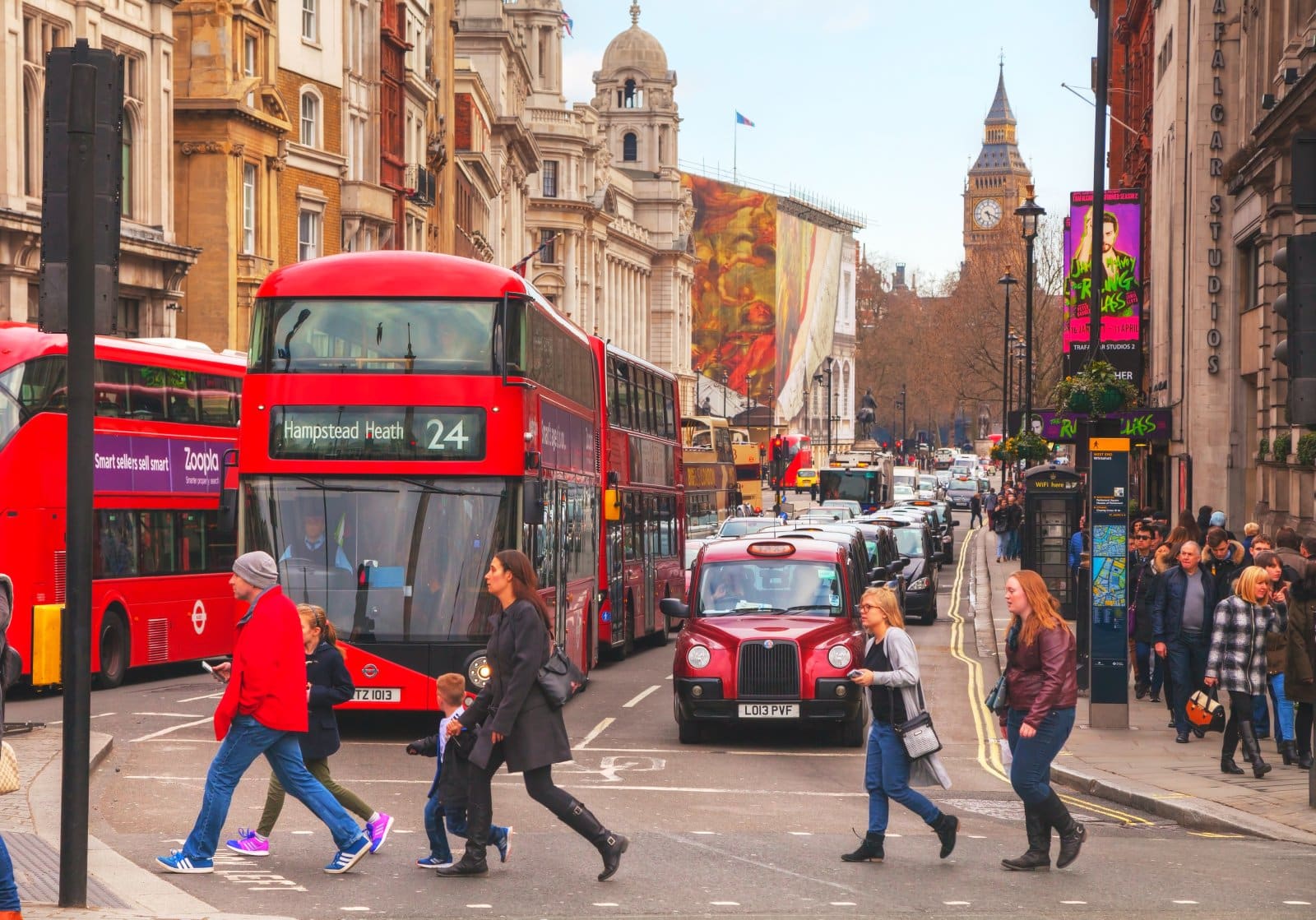
The controversy surrounding HMRC’s handling of offshore tax avoidance data has shone a light on the way that, under the previous Conservative government, tax avoiders were often treated with kid gloves while, even as the cost of living crisis wore on, ordinary citizens who were unable to hide their money abroad continued to pay their fair share.
Growing Awareness

In an era of increasing global financial transparency, more and more people are beginning to realise the massive disparity in tax payments from the richest to the poorest. Figures from the Equality Trust show that the poorest 10% of UK households paid an average of 42% of their income in tax, while the richest 10% paid an average of just 34.3%.
Mounting Pressure

As political and public scrutiny mounts, the pressure on HMRC to release the tax avoidance figures and clamp down on the scourge of tax avoidance will only grow larger. However, whether the tax man is up to the challenge remains to be seen.
10 Worst Places to Live in the UK Today

Here’s a look at the 10 worst places to live in the UK, based on statistical analysis and local sentiment, to help you understand the challenges residents may face in these areas. 10 Worst Places to Live in the UK Today
“We Will Never Come to Help You” – Trump’s Hurtful Words Raise Concerns About EU Firepower

It was revealed in a conference in Brussels that former President Donald Trump said in 2020 that the US would “never help” Europe if it was attacked. Now, European nations are grouping to commit more firepower to combat Putin’s threat to democracy. “We Will Never Come to Help You” – Trump’s Hurtful Words Raise Concerns About EU Firepower
Brexit Fallout: 20 Ways the EU Is Falling Apart Without the UK
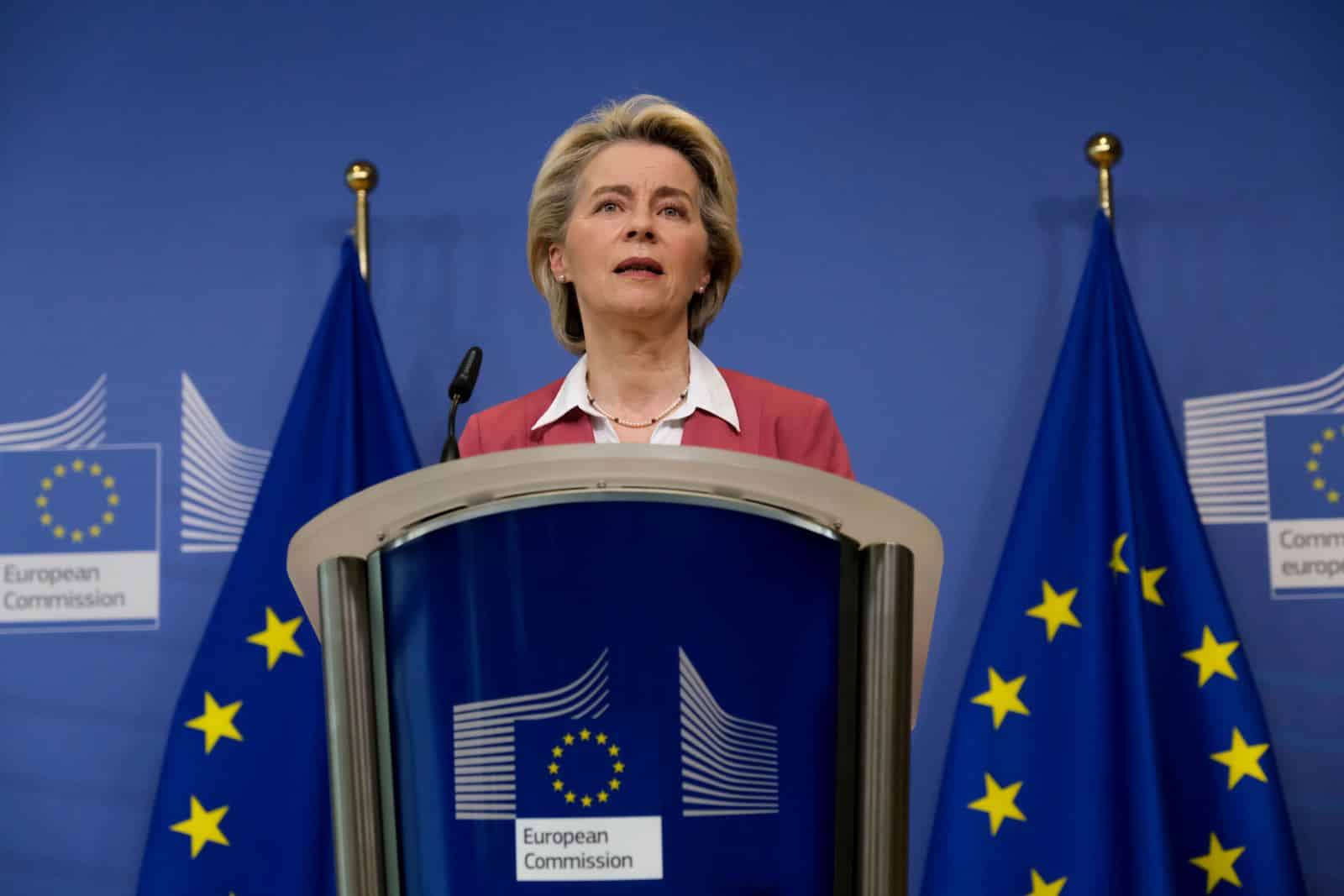
Since Brexit, the EU has been grappling with multiple crises and internal conflicts. Can the bloc hold itself together in these turbulent times? Brexit Fallout: 20 Ways the EU Is Falling Apart Without the UK
The post UK Taxman Dodges Questions on Wealthy Offshore Avoidance first appeared on Edge Media.
Featured Image Credit: Shutterstock / Claudio Divizia.
Grant Gallacher is a seasoned writer with expertise in politics and impactful daily news. His work, deeply rooted in addressing issues that resonate with a wide audience, showcases an unwavering commitment to bringing forth the stories that matter. He is also known for satirical writing and stand up comedy.

